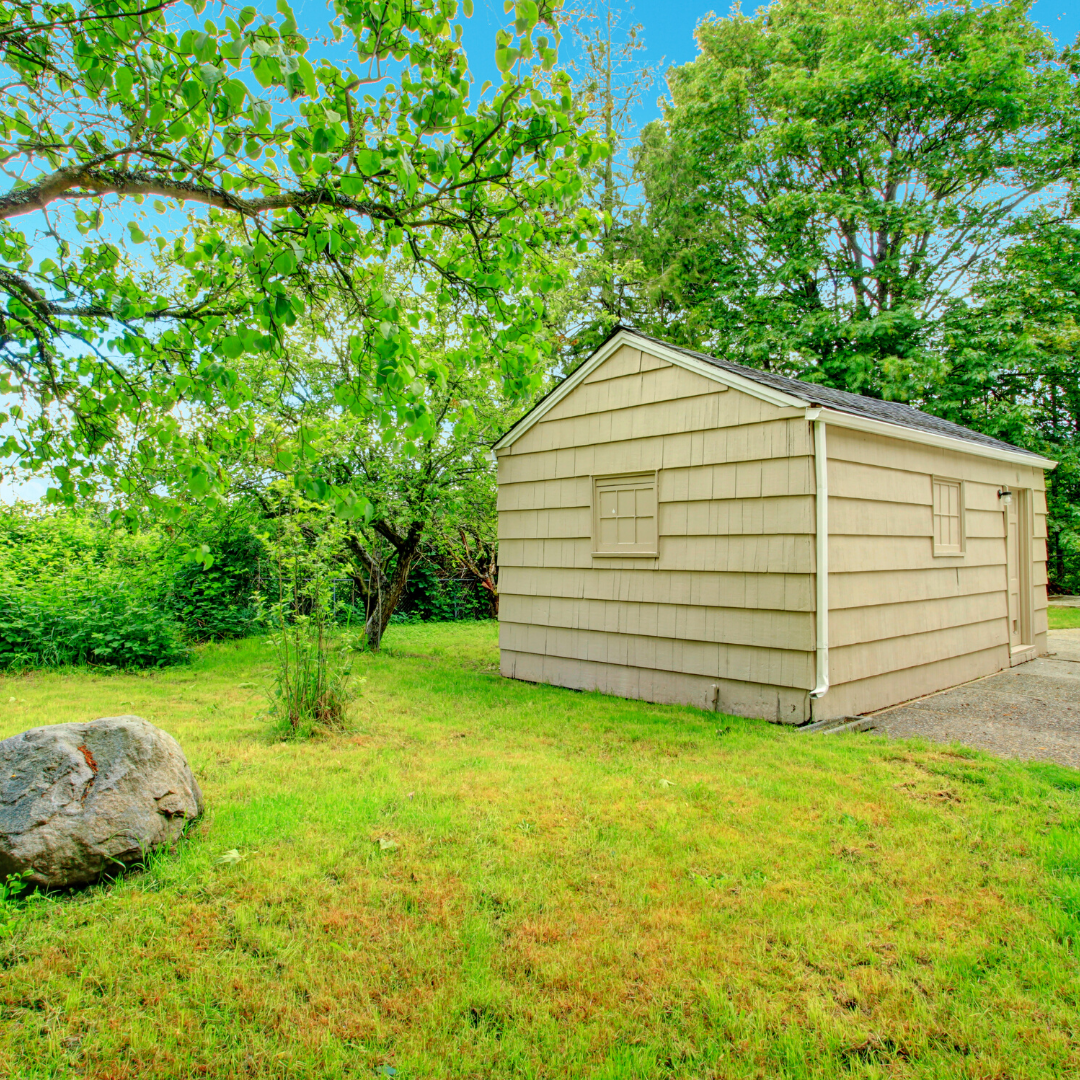Real Estate Owned (REO) or Foreclosed Homes
What is an REO?
“REO” is Real Estate Owned. These are properties which have been foreclosed upon that the bank or mortgage company now owns. This is not the same as a property up for foreclosure auction.
When buying a property during a foreclosure sale, you must pay at least the loan balance plus any interest and other fees accrued during the foreclosure process. The buyer must also be prepared to pay with cash in hand. Finally, you’ll get the property entirely as is. That might involve prevailing liens and even current occupants that may require eviction.
A bank-owned property, by contrast, is a much neater and attractive proposition. The REO property did not find a buyer during foreclosure auction. Now the bank owns it. The bank will attend to the removal of tax liens, evict occupants if needed and generally organize for the issuance of a title insurance policy to the buyer at closing.
Take notice that REOs may be exempt from typical disclosure requirements. For instance, in California, banks are exempt from giving a Transfer Disclosure Statement, a document that usually requires sellers to reveal any defects they are aware of. By utilizing me along with my firm Better Homes and Garden Real Estate | Go Realty, you can rest assured knowing all parties are fulfilling North Carolina state disclosure requirements.
Is REO property in North Carolina a bargain?
It is commonly presumed that any REO must be a bargain and an opportunity for easy money. This isn’t necessarily true. You have to be cautious about buying a REO if your intent is to make money off of it. Even though the bank is usually eager to sell it promptly, they are also looking to get as much as they can for it.
When considering what to pay for a foreclosure, carefully analyze comparable sales in the neighborhood and be sure to take into account the time and cost of any repairs or remodeling needed to prepare the house for resale. The bargains with money making potential exist, and many people do very well buying foreclosures. However, there are also many REOs that are not good buys and not likely to turn a profit.
Prepared to make an offer?
Most lenders have staff dedicated to REO that you’ll work with in buying REO property from them. Typically the REO department will use a listing agent to get their REO properties listed on the local MLS.
Prior to making your offer, you’ll want to contact either the listing agent or REO department at the bank and find out as much as you can about what they know concerning the condition of the property and what their process is for accepting offers. Since banks typically sell REO properties “as is”, you’ll want to be sure and include an inspection contingency in your offer that gives you time to check for unknown damage and withdraw the offer if you find it. If, as a buyer, you can provide documentation proving your ability to pay, such as a pre-approval letter from a lender, your offer will be more attractive and likely be accepted. (This holds for any real estate offer.)
After you’ve presented your offer, it’s customary for the bank to make a counter offer. From there it will be up to you to decide whether to accept their counter, or offer a counter to the counter offer. Be aware, you’ll be working with a process that usually involves multiple people at the bank, and they don’t work evenings or weekends. It’s not unusual for there to be days or even weeks of going back and forth. I am accustomed to these situations and will work to ensure there are no unnecessary delays.
Questions? I am standing by to answer any questions you may have. Feel free to use the form below!
GET MORE INFORMATION
Broker | License ID: 475.175881

